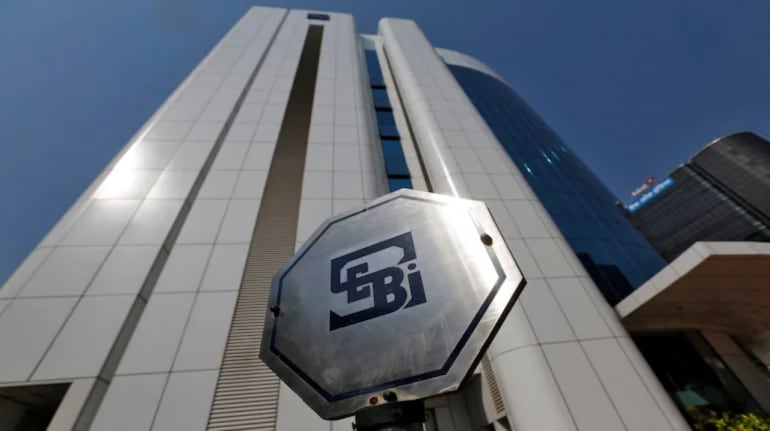



The Securities and Exchange Board of India’s (SEBI) consultation paper of July 8 on its intent to include mutual fund units under the purview of insider trading regulations has divided the sector and its ecosystem.
The capital markets regulator doesn’t want those aware of unpublished price-sensitive information to unfairly exit a scheme. While there is a code of conduct for MF officials, it suffers from three drawbacks:
One: There is a limited number of conditions to stop such withdrawals.
Two: Until now, SEBI only recognised MF officials as those who could possess sensitive information.
And three: Insider trading too dealt with misusing price-sensitive information, but so far it has excluded MF units.
SEBI highlighted two instances in its consultation paper of people redeeming their MF holdings after being privy to insider information. It did not specify the two examples. At the very least, two questions arise:
Aren’t existing guidelines enough? SEBI’s code of conduct prevents MF officials from dealing in shares and bonds that their in-house schemes hold in their portfolios. Although it doesn’t have such restrictions for MF units, it stops employees from selling schemes in case certain events are likely to occur.
These events could be a change in the investment mandate or the conversion of an open-ended scheme into a close-ended one and vice versa. In October 2021, SEBI updated the circular to include the likelihood of restricting redemptions or winding them up. Could the regulator not have updated this circular and added more conditions?
Legal experts said a SEBI circular is just as enforceable in a court of law as a full-blown regulation. However, a regulation can have a wider ambit and standardised punitive actions that can act as precedents in a court of law when SEBI tries to demonstrate precedence.
It also makes operational sense for SEBI in pursuing cases in the future because any changes made to insider trading guidelines will now cover stocks, bonds as well as MF units.
There is also the issue of what constitutes an unfair trade practice, which can be subjective.
Sharpening its knives SEBI appears to be strengthening its laws for future cases and being as specific as possible, the legal experts said. In many cases, fund house lawyers have previously argued that they had not broken any rules and only interpreted them in a way it felt was in the best interests of investors.
By bringing MF units under the purview of insider trading guidelines, SEBI wants to send a clear message: that trading in MF units is also possible with unpublished price-sensitive information and this is not limited to shares and bonds.
There have been whispers that some fund houses had tipped off their large distributors before crisis events. These distributors could then facilitate the exit of large clients. SEBI’s consultation paper aims to cover them as well.
Connections SEBI said that there are many people – not just senior fund house officials – who can indulge in insider trading. It referred to how the Registrar and Transfer Agent of an MF had redeemed all its units from a scheme, being privy to certain sensitive information that had not yet been communicated to the unitholders.
The regulator has thus proposed to widen the scope of connected people who need to be careful before selling their own MF units. SEBI has proposed that a fund house’s banker, lawyer, consultant, credit rating agency official and many others can be considered to possess unpublished price-sensitive information.
The list of such people is long and many people who deal with a mutual fund house in the course of their profession aren’t happy with the proposal. Some legal advisors point out that it might get very hard to prove innocence if a legal advisor is seen as being in possession of inside information and at the same time seen as having sold his personal MF units.
Another connected party, as per SEBI’s proposal, would be an employee or official of the Association of Mutual Funds of India. Various committees that draw members from across fund houses are at work at all times at AMFI. And MF officials have so far found it easier to invest in mutual funds, given the onerous restrictions in buying and selling stocks directly. A lot of information is exchanged here – does this mean all such officials now need to be wary of selling their own MF units?
The challenge will come when it’s time to prove who took advantage of inside information and who sold MF units without any motive.
However, in its proposed list of connected persons, SEBI hasn’t included one category of people who may be in possession of unpublished price-sensitive information: its own officials.
Perhaps few others than SEBI officials themselves would have as much knowledge of not just unpublished price-sensitive information but also of ticking time bombs.
Discover the latest Business News, Sensex, and Nifty updates. Obtain Personal Finance insights, tax queries, and expert opinions on Moneycontrol or download the Moneycontrol App to stay updated!
Find the best of Al News in one place, specially curated for you every weekend.
Stay on top of the latest tech trends and biggest startup news.